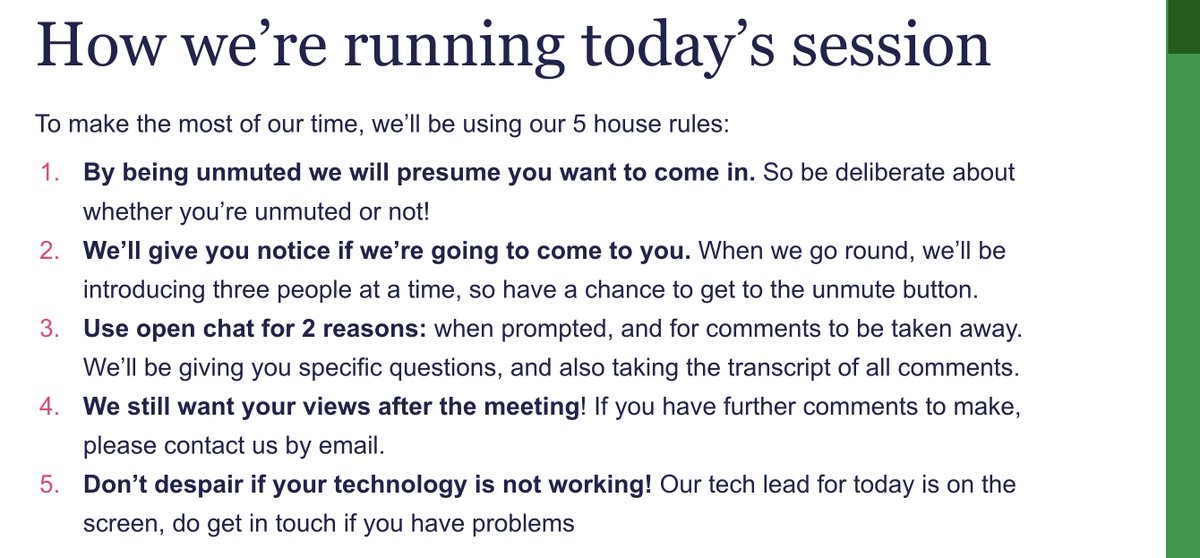So 1 implication (among many) that we need to talk far more about how we make better decisions rather than 'solving' individual policy questions. Trying to firefight with a bucket rather than working out how to build a fire engine is a bit pointless. #ntsummit
https://twitter.com/DrJudithSmith/status/1101062496977387520
Social care a Grade A example of the issue not being the detail of the intellectual problem... but our institutions/norms not being up to make a difficult decision. #ntsummit
& if so, does it really matter what the Green Paper says if it doesn't deal with that basic problem? #ntsummit
• • •
Missing some Tweet in this thread? You can try to
force a refresh












